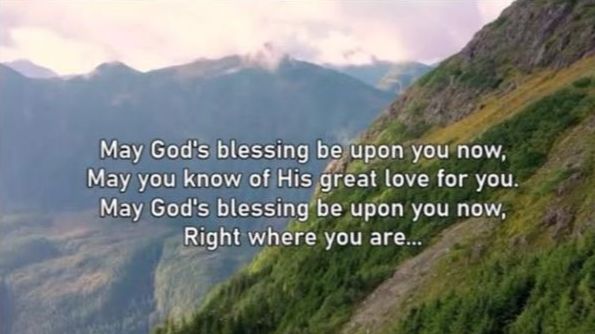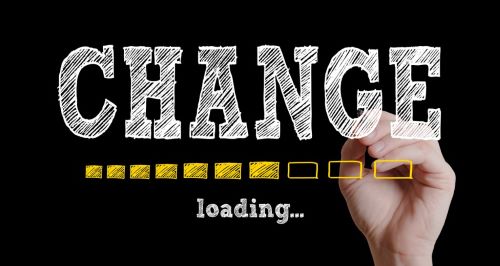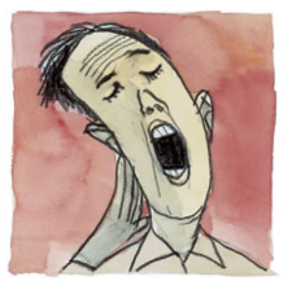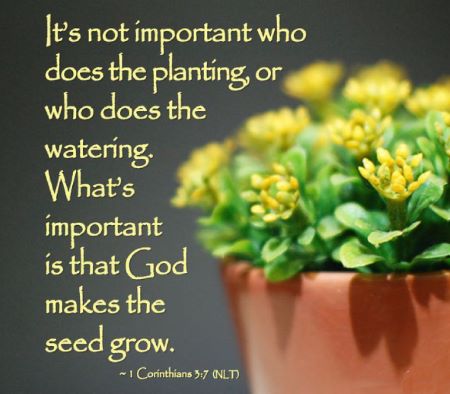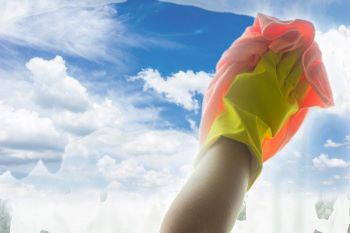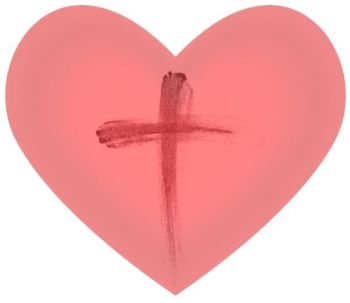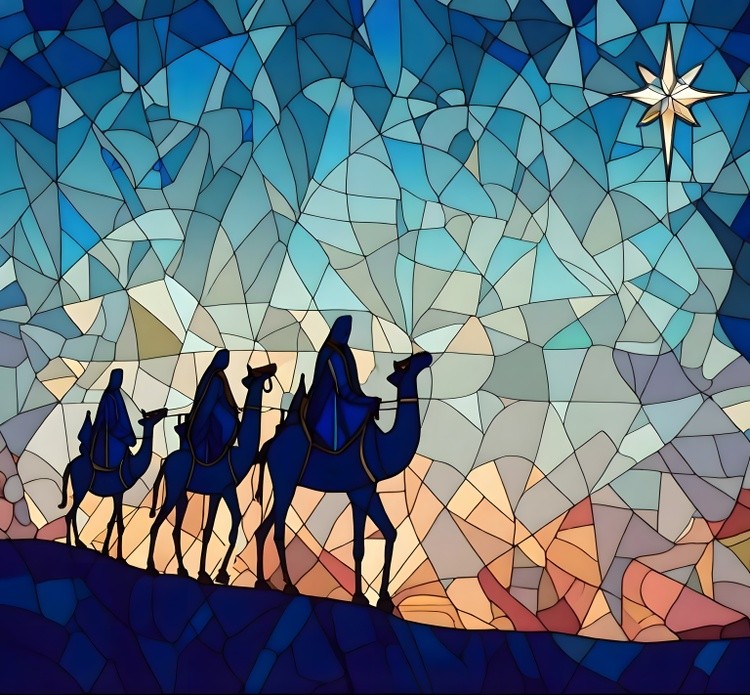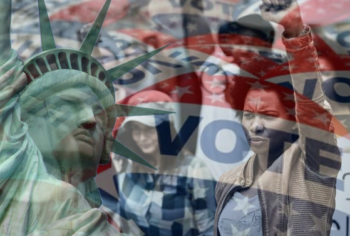
It’s Wild Out There
In December 2020, The Weather Channel rolled out a new tagline: Get Into The Out There. This replaced its 2013 tagline: It’s Amazing Out There. And I don’t know if it was wishful thinking, or some confusion on my part, or if I was conflating two things I’d heard, but I thought the 2013 tagline was: It’s Wild Out There. Though it might have been because of something Joel just recently posted on Facebook:
Our fenced-in backyard and beyond is a veritable suburban animal sanctuary — deer, frolicking ground hogs, rabbits, squirrels, chipmunks, moles (or voles), birds of all sorts (including raptors), toads, crickets, fireflies, monarch and cabbage butterflies, flies, bees, ants, earthworms, daddy long legs, mosquitoes, and probably ticks.
I hope the mention of ticks wasn’t quite so celebratory. You see, the rectory at Holy Trinity (where we’re now living) sits not only near the busiest intersection in Wyoming (54th and Clyde Park), but on a physical landscape of ten acres of woods and grassland. And it certainly does have some wild aspects to it.
But over the last few years the social landscape has become more wild than I ever remember. You too? Not only more divisive, but more unpredictable and more chaotic. Mass shootings, environmental degradation, political polarization, a prolonged pandemic, and economic instability. And the price of gas makes me appreciate Zoom so much more. And at that nearby intersection on a regular basis, men and women beg for alms. Now some of them may have simply made a series of bad life choices; but others have made only good choices, and yet the systems in which they live have failed them. And in some ways, some of these systems have failed because of The Second Law of Thermodynamics.
The Second Law of Thermodynamics (SLT) says that entropy –– a gradual decline into disorder –– always increases with time. What this means, is that naturally occurring systems, and human-made ones, will tend to dis-integrate over time, unless some new energy is injected into them to refresh, invigorate, or shore them up. To set them right again. In other words, things wear out. For example, as soon as you paint your house (and the paint dries); the heat and cold, and wind and rain begin to wear it off. And our clothes wear out a little bit each and every time we wash and dry them; and we eventually need to undo the effects of entropy by buying new clothes.
This truth finds expression in another tagline I’ve heard many times: Freedom isn’t Free, which acknowledges that there are many different “costs” to maintaining the freedoms we enjoy. All we need do is look at any opportunistic autocrat to see how they can dis-integrate budding democracies; or look at Russia’s heinous aggression in Ukraine and the efforts and expense (both costs) to undo it, to know this is true.
In our planet’s and the cosmos’ past, everything was a formless void –– like a chaotic primordial soup. And God’s will turned entropy into order. But in the many billions of years since the Big Bang, entropy has had an impact in both the natural world and the ones (the systems) we humans have made. On both the microcosm and the macrocosm. And like the innocents in Ukraine, far too many who have made only good choices are suffering or have been murdered. Though Jesus assures us that tragedy is not God’s punishment for sin. He says we are all equally guilty of sin; and if any deserve punishment, then we all deserve punishment. But God does not punish like this. We are forgiven. We are given new life. We pray.
So do we believe that thoughts and prayers are enough for victims and their families? We have been given the greatest gift that God can give –– the gift of free will. And if we use this gift within the constraints of our republic, we can undo the effects of whatever entropy we perceive by being informed voters. In voting, our faith has its most legitimate connection to the state.
And let’s remember, there was a time when being a Christian did not put us in the majority. And we may well be in that time again. Because being a Christian has so much more to do with what we do, than with what we believe. With fighting for justice, lifting up the lowly, and bringing comfort to those devastated by tragedy. How will we demonstrate our faith? What will we do? And yes, it’s both Amazing and Wild Out There; but if we don’t seek God’s will and do everything we can to manifest it through the systems at our disposal, then we have sold a diamond at the price of spinach.

